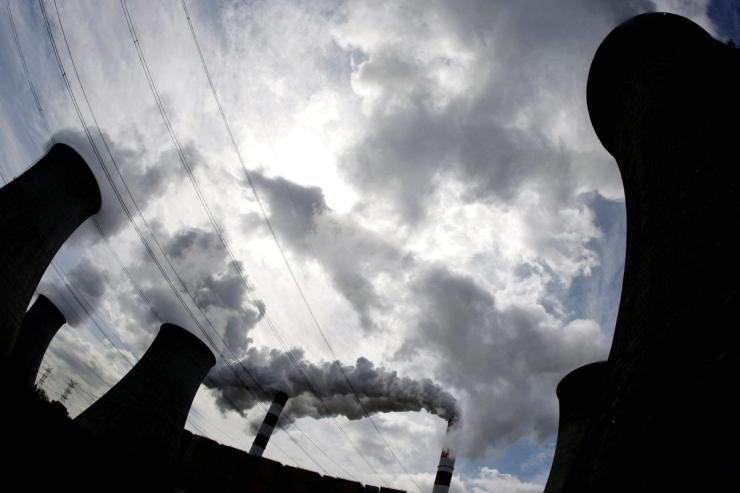The News
The U.S. government will reportedly fund a carbon removal program, a first-of-its-kind move which will offer credits for carbon permanently removed from the atmosphere or oceans, according to Heatmap.
We’ve collected news and analysis you should read about carbon removal and its place in the race to net zero.
Insights
- Carbon removal is a more credible option for businesses than carbon offsets, the latter of which allow companies to invest in green projects, paying for future avoided emissions in order to offset or balance out their present-day emissions. Under the more expensive carbon removal system, companies purchase a credit for their emissions which are permanently removed from the atmosphere. The tactic is still in its infancy, Semafor’s Tim McDonnell reported in May, but purchasers — including JP Morgan Chase and Microsoft — are beginning to emerge.
- The U.S.’s move will be a world first: No government has so far offered to pay businesses for carbon removal before. The program could help to strengthen the argument that carbon dioxide is a waste product that is subject to public management. It will have a budget in the tens of millions of dollars, relatively small given that individual carbon removal credits can be expensive. — Heatmap
- The growth of carbon removal might follow a similar trajectory to waste management projects several decades ago. Startup costs were high, and public sentiment needed to be won in order to keep the projects moving. The potential payoff, however, is high, and removal programs could eventually see high profits for investors. A major sign that these projects have legs? The oil and gas sector is starting to embrace them. — The Economist
Know More
Reliance on carbon removal technologies, which pull carbon out of the air and store them in facilities for later recycling, has divided some scientists and policy makers.
Notable among those concerned about the tech is U.S. special envoy on climate John Kerry. With the earth already rocketing past several tipping points, reliance on carbon removal without additional safeguards in place — like moving away from oil and gas projects — might not be enough, Kerry warned.


